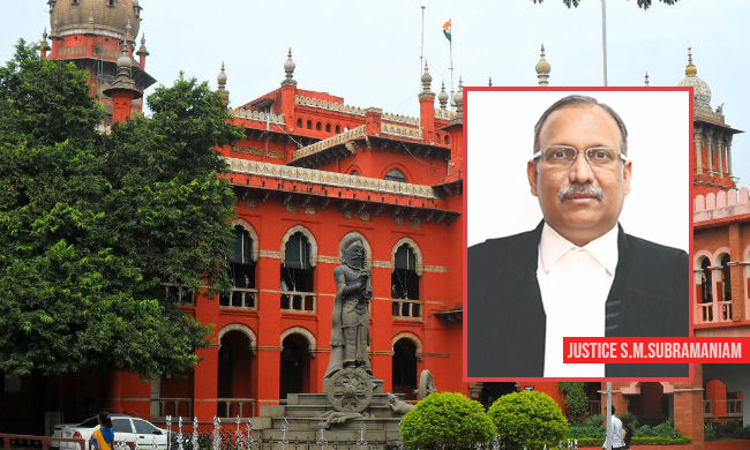Freedom Of Religion Also Extends To Rites And Ceremonies Associated With A Religion: Madras High Court
Upasana Sajeev
18 May 2022 9:20 AM IST

Next Story
18 May 2022 9:20 AM IST
The Madras High Court recently observed that rituals and observations prescribed under a religion that form an integral part of that religion are also covered under the freedom of religion enshrined under Article 25(1) of the Constitution. This right of worship guaranteed under the Constitution must be respected by all concerned and devotees cannot be denied their right of worship...
